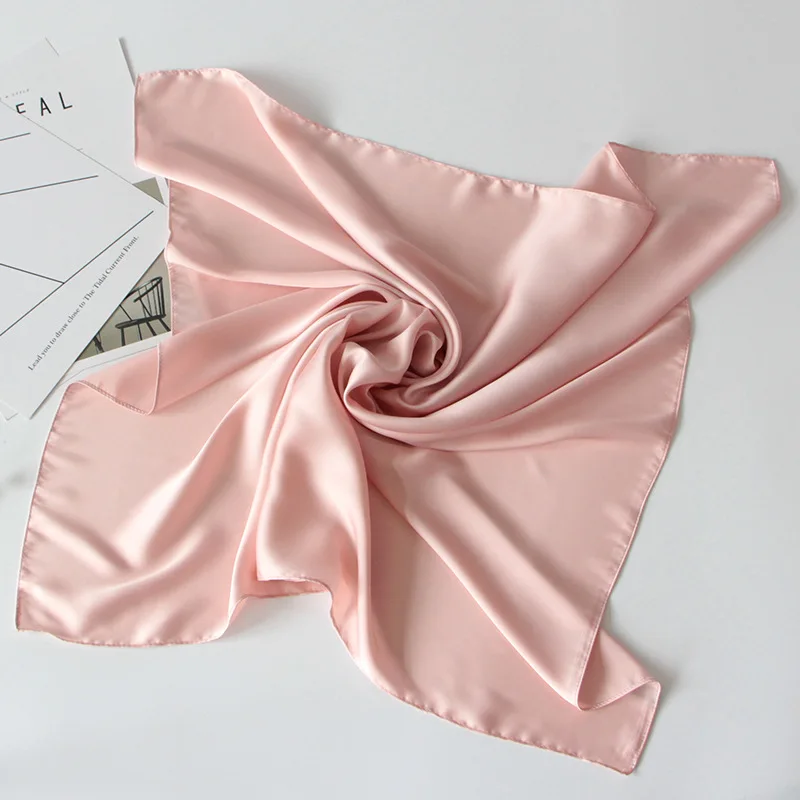hilton honors hotels hilton hotels careers hilton garden hotels conrad hilton hotels hilton casino hotels hilton hotels locations hilton hotels stock hilton brand hotels
Friday, December 17, 2010
Information About Dubai
Dubai is the most populous and second largest emirate of the United Arab Emirates after Abu Dhabi. Dubai is distinct from other members of the UAE in that revenues from oil account for only 6% of its gross domestic product. A majority of the emirate's revenues are from the Jebel Ali Free Zone and increasingly from tourism.
With enormous construction and development in various industries, Dubai has attracted world attention through innovative real estate projects, sports events, conferences and Guinness records. However, this increased attention, coinciding with its emergence as a world business hub have also highlighted potential human rights quagmires concerning its largely immigrant workforce.
There are many archaeological sites in the Emirate of Dubai. The most famous of these is the Al Qusais settlement which dates back to the period 2600 BC to 2000 BC. A second settlement is in the Al Sofouh area near the present Dubai Media and Internet City. It is a round tomb that dates back to the period 2500 BC to 2000 BC and it is part of the Umm Al Nar civilization which inhabited this region during this period. A third location is the Hatta Valley, 115km south-east of Dubai city near the Omani border. In this location a few stones, called sharlos, with different images and writings dating back to the third millenium were found. They are now kept in the Dubai Museum.
The official language is Arabic but English, German, Hindi/Urdu, Malayalam, Tamil, Persian, and Tagalog are also widely spoken. Islam is the majority religion of the Emiratis and while a vast majority of the locals are Sunnis, there is a significant Shiite minority. There are also minority Hindus, Sikhs, and Christians. Dubai is the only emirate that has Hindu temples and a Sikh Gurdwara.
In early 2001, ground was broken for the construction of several additional churches on a parcel of land in Jebel Ali donated by the government of Dubai to four Protestant congregations and a Roman Catholic congregation. Construction on the first Greek Orthodox Church in Dubai (to be called St. Mary's) began at the end of 2005. The land for the construction of the church was also donated by the government to the Greek Orthodox community of Dubai.
Financial support to non-Muslim groups from the Dubai government comes in the form of donated land for the construction of churches and other religious facilities, including cemeteries. They are permitted to raise money from among their congregants and to receive financial support from abroad. Christian churches are permitted to openly advertise church functions.
Oil reserves in Dubai are less than one-twentieth those of Abu Dhabi, and oil income represents a small proportion of the emirate's income.
Dubai and its twin across the Dubai creek, Deira (independent at that time), became important ports of call for Western manufacturers. Most of the new city's banking and financial centres were headquartered in the port area. Dubai maintained its importance as a trade route through the 1970s and 1980s. The city of Dubai has a free trade in gold and until the 1990s was the hub of a "brisk smuggling trade" of gold ingots to India, where gold import was restricted.
Today, Dubai is an important tourist destination and port (Jebel Ali, constructed in the 1970s, has the largest man-made harbour in the world), but also increasingly developing as a hub for service industries such as IT and finance, with the new Dubai International Financial Centre (DIFC). Transport links are bolstered by its rapidly-expanding Emirates Airline, founded by the government in 1985 and still state-owned; based at Dubai International Airport, it carried over 12 million passengers in fiscal year 2005.
The government has set up industry-specific free zones throughout the city. Dubai Internet City, now combined with Dubai Media City as part of TECOM (Dubai Technology, Electronic Commerce and Media Free Zone Authority) is one such enclave whose members include IT firms such as EMC Corporation, Oracle Corporation, Microsoft, and IBM, and media organisations such as MBC, CNN, Reuters, ARY and AP. Dubai Knowledge Village (KV),an education and training hub, is also set up to complement the Free Zone’s other two clusters, Dubai Internet City and Dubai Media City, by providing the facilities to train the clusters' future knowledge workers. Internet access is restricted in most areas of Dubai with a proxy server filtering out sites deemed to be against cultural and religious values of the UAE - this includes any .il (Israeli) domains. However, areas served by TECOM (an internet service provider) are currently not filtered.
Subscribe to:
Post Comments (Atom)
Featured Post
Popular Posts
-
Hot Product Free Shipping Women Handkerchief Ladies Headscarf Girl Neckerchief Headband Pocket Square Handkerch Price : US $8.80 / piece...
-
80% OFF 6Pcs Cotton Table Napkins Cloth Tea Towel Absorbent Scouring Pad Reusable Kitchen Towels Cleaning C Price : US $13.85 / piece P...
-
Blk 3 Lot 2, Moonbay Marina Area, Waterfront Road, Subic Bay Freeport Zone Tel No.: +63 47 252.3373 Fax No.: +63 47 252.3374 Email Address:...





No comments:
Post a Comment
Contoh Makalah Jurnal Skripsi Tesis
PDF Download PDF Search Engine
Art Gallery Artist - Contemporary Abstract Paintings and Graphics
History of Art, Artists & Art Movements
Top 30 Hot Music Downloads
Top Digital Songs
Christian Residential Drug Treatment
Donate Your Car San Francisco
Firm Law Mesothelioma Texas
Ms Exchange Server Hosting
Villa di Piazzano Cortona Italy Hotel
Windows Download Software
Windows Download Center
plastic surgery before and after korean
Fashion N style
Aliving Room Furniture
The Hotels Las Vegas
Acamping Sites
About Hilton Hotels
Note: Only a member of this blog may post a comment.